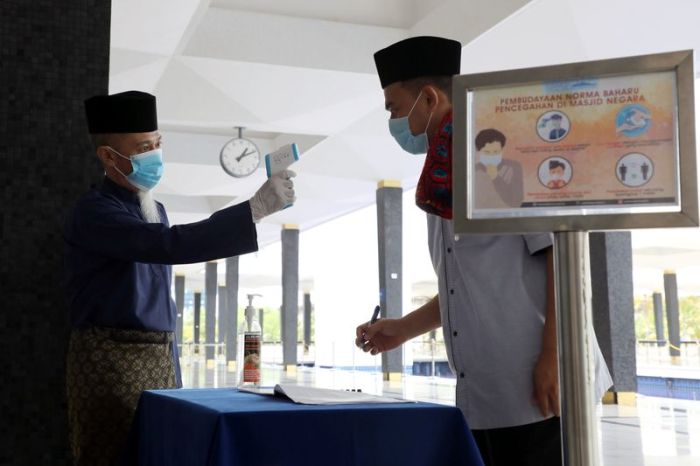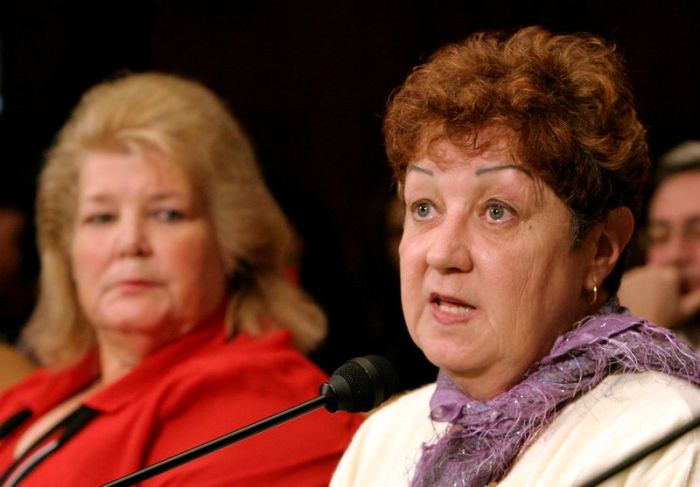(This May 18 story corrects paragraph 4 to say Tecentriq won “three” other NSCLC approvals and not “four”)
(Reuters) – Swiss drugmaker Roche Holding AG’s Genentech unit said on Monday the U.S. Food and Drug Administration has approved Tecentriq as a standalone therapy for an advanced form of lung cancer.
The company said the approval has been granted for Tecentriq’s use in previously untreated adults with certain types of metastatic non-small cell lung cancer (NSCLC), whose tumors express high levels of PD-L1, a protein that may help cancers avoid detection by the immune system. (https://reut.rs/2ZcrfxH)
The PD-L1 levels are detected using an FDA-approved test.
Tecentriq has already received three other approvals across NSCLC in the United States, including as a single agent or in combination with other therapies.
NSCLC accounts for 80-85% of all lung cancers and is therefore a lucrative yet competitive space for drugmakers. Merck & Co Inc’s Keytruda currently dominates the space.
Bristol-Myers Squibb Co’s Opdivo and Yervoy combination won the FDA’s nod last week for use in previously untreated patients with NSCLC, as it jostles with Merck for a slice of the market.
Tecentriq is being tested in multiple ongoing studies, either as a standalone or as part of a cocktail of other therapies, against other forms of cancer such as lung, genitourinary, skin, breast, head and neck.
(Reporting by Manojna Maddipatla in Bengaluru; Editing by Krishna Chandra Eluri)

























